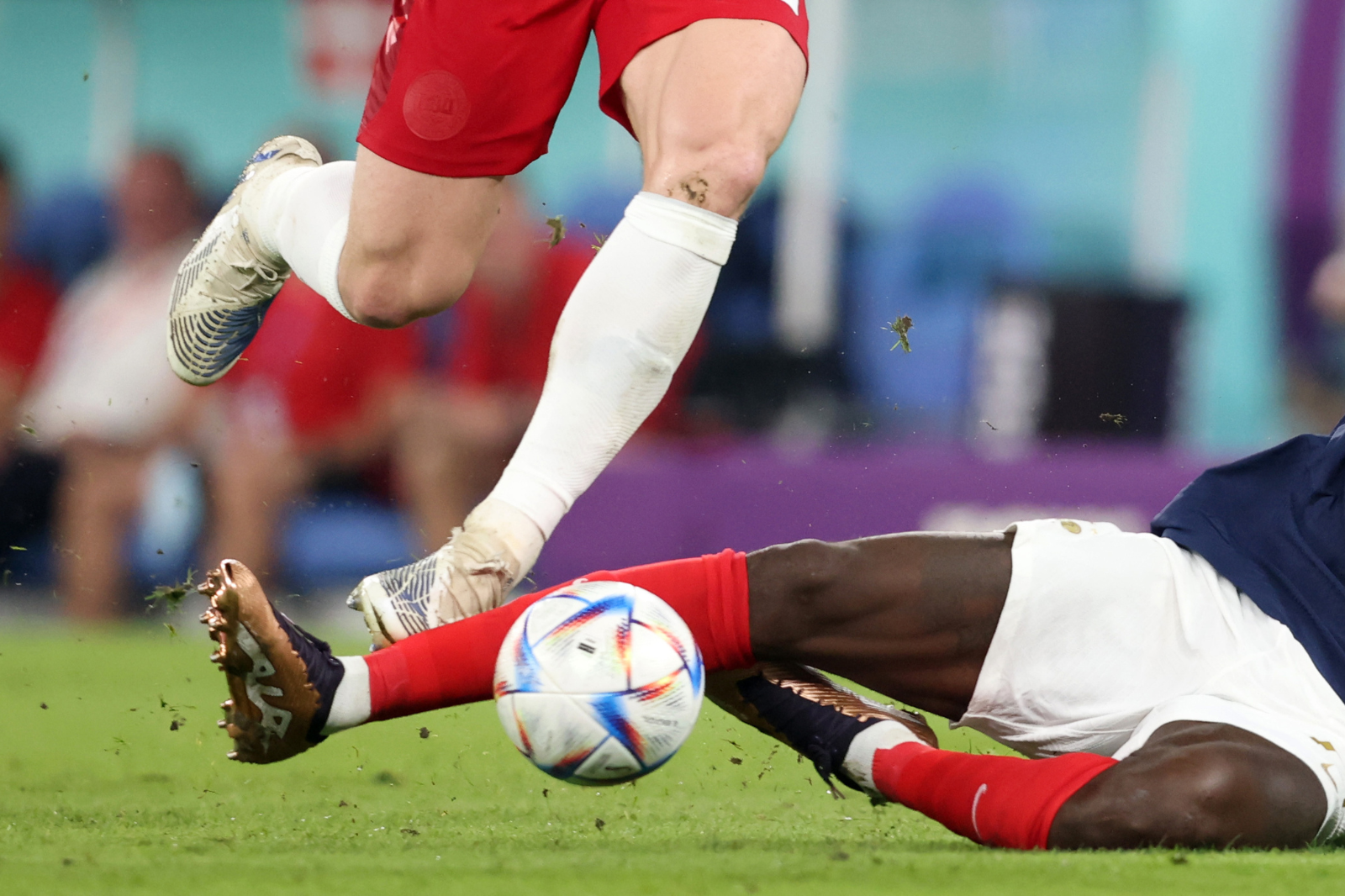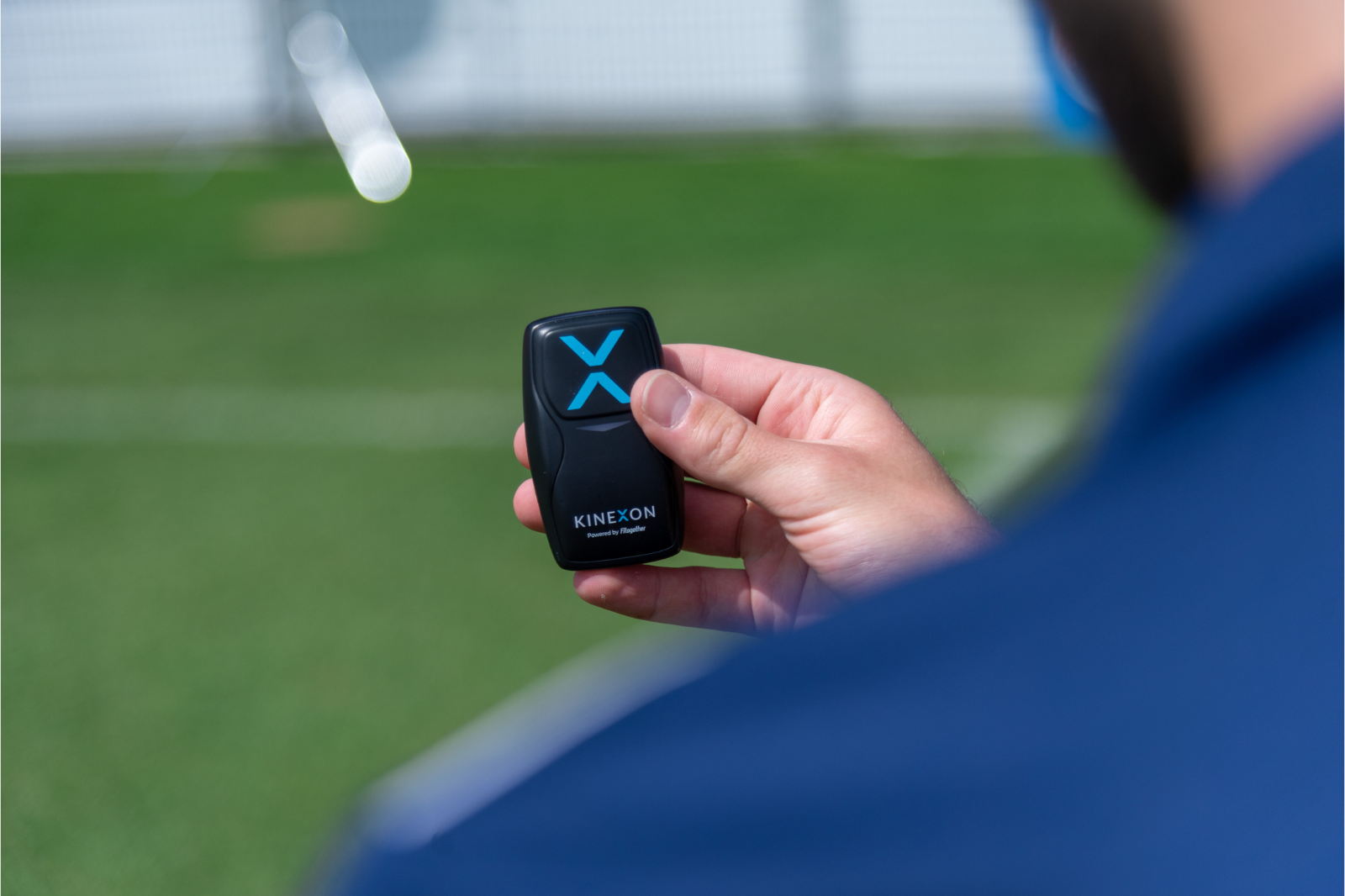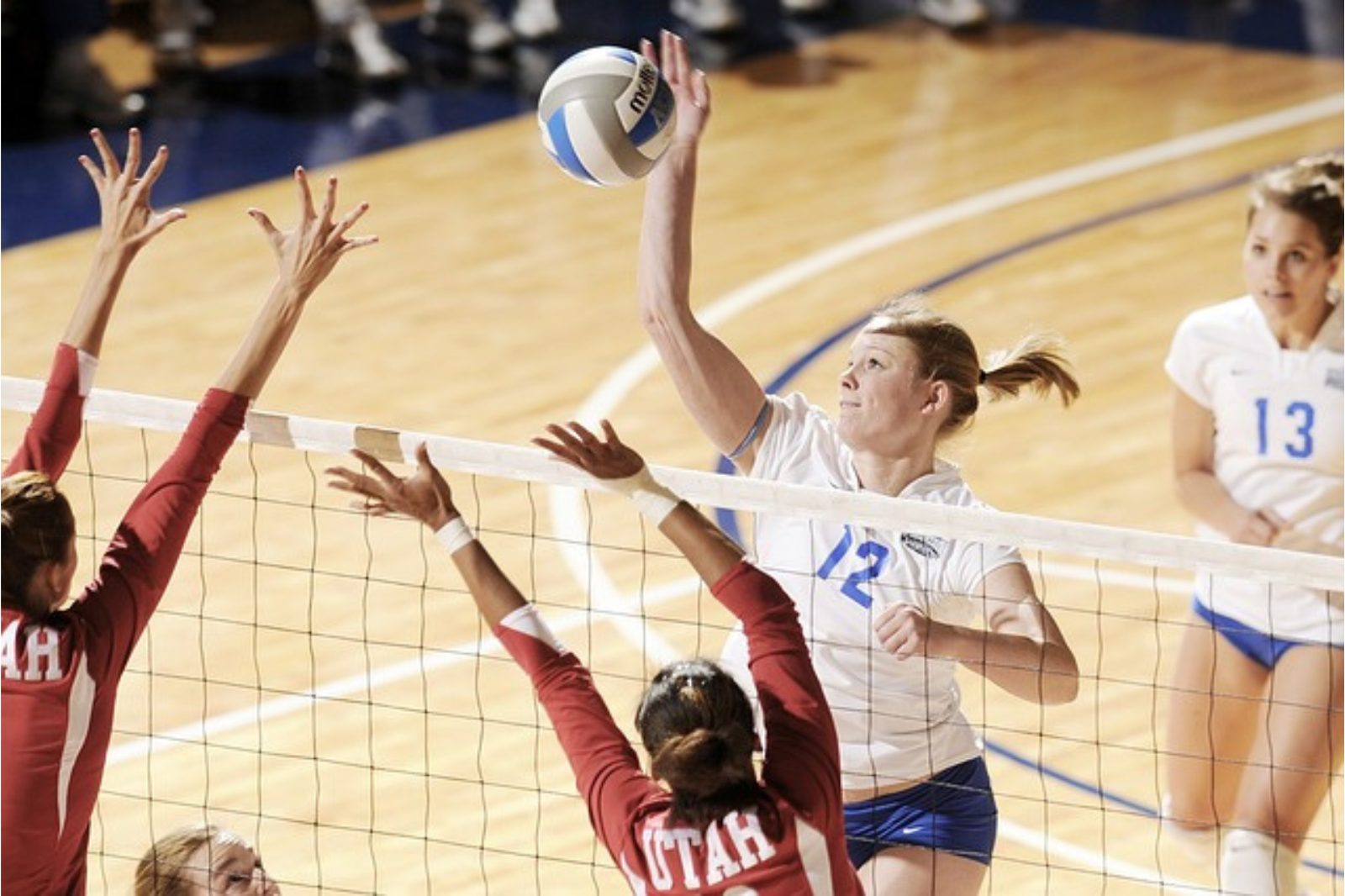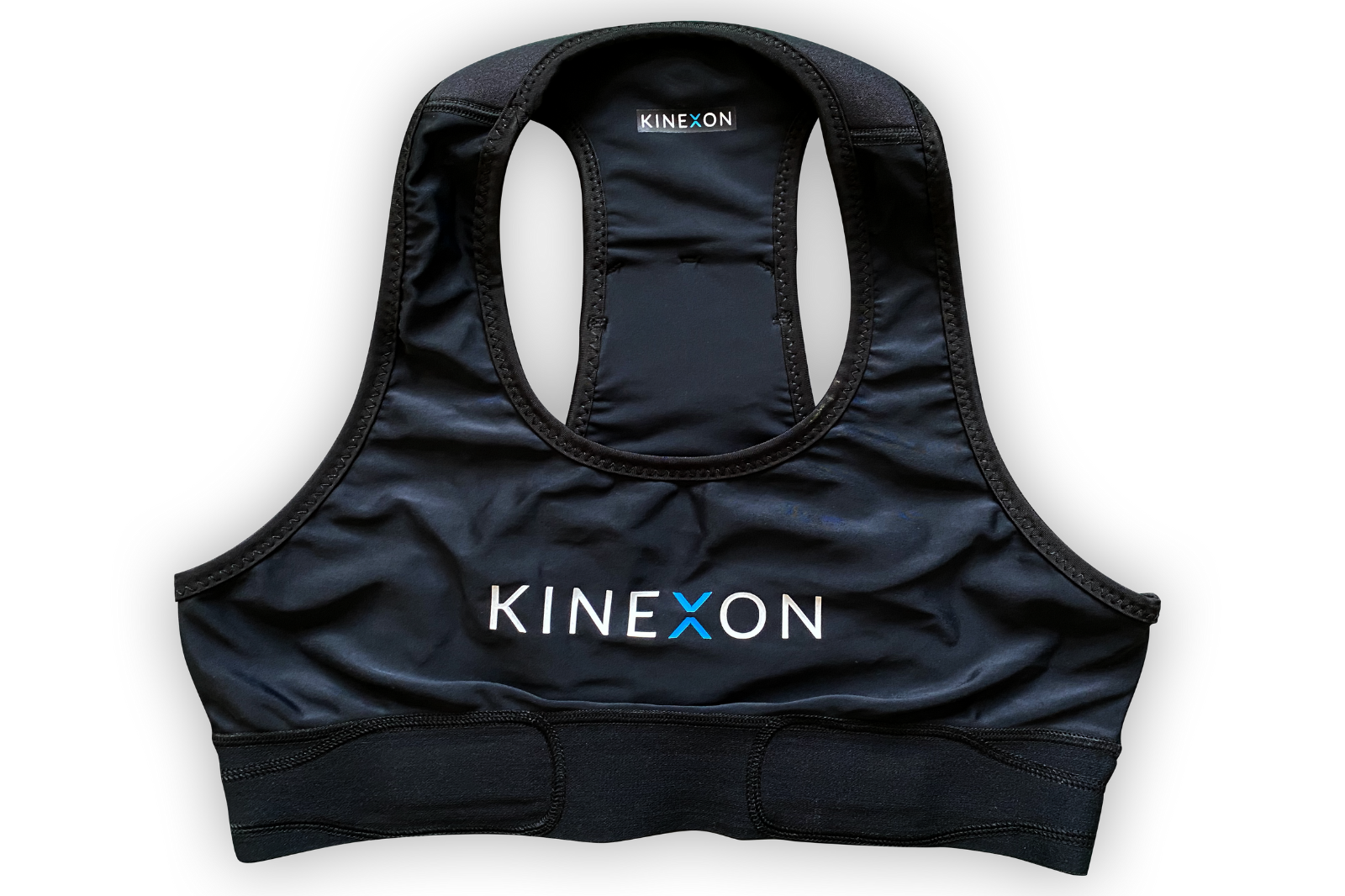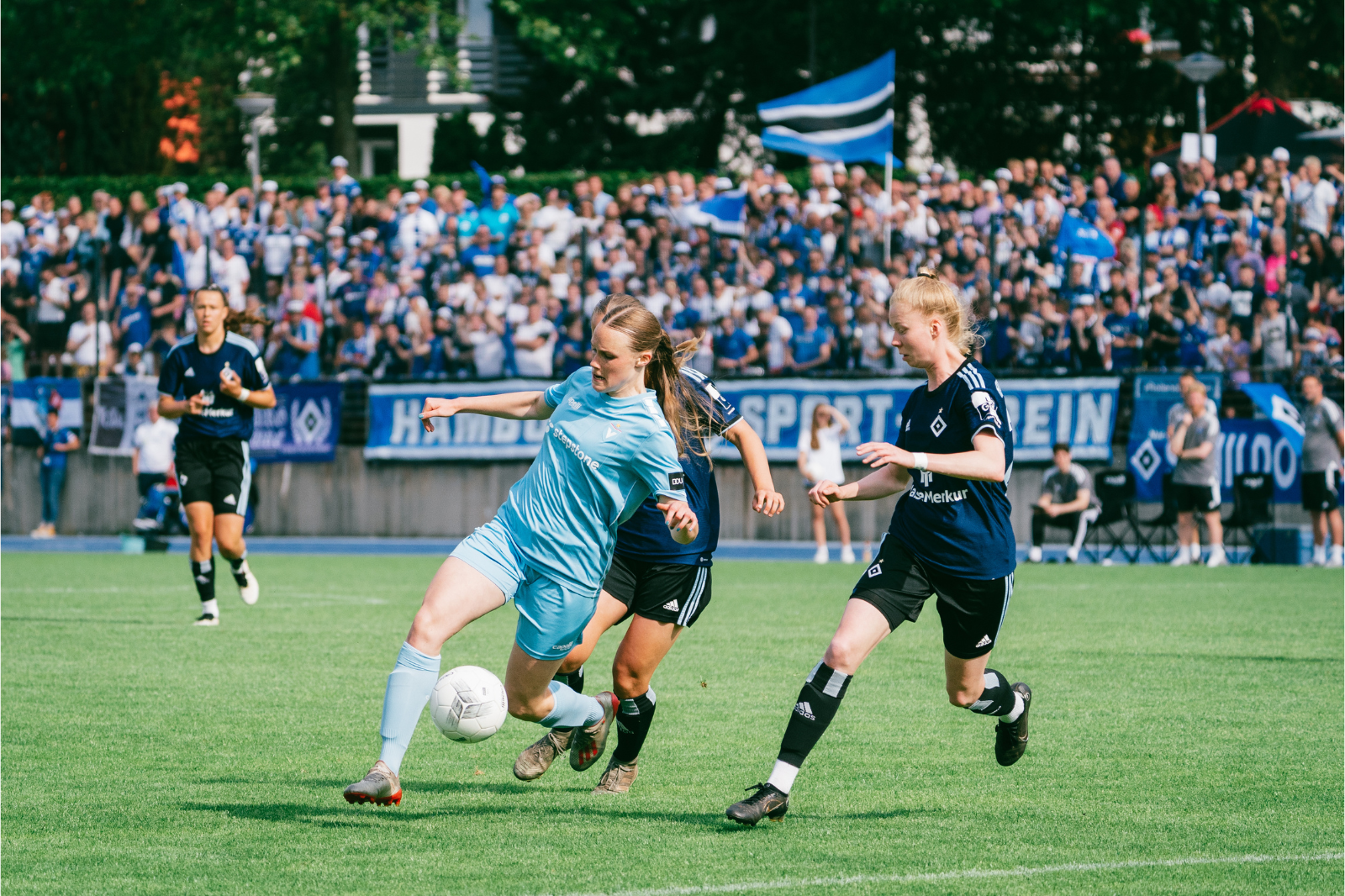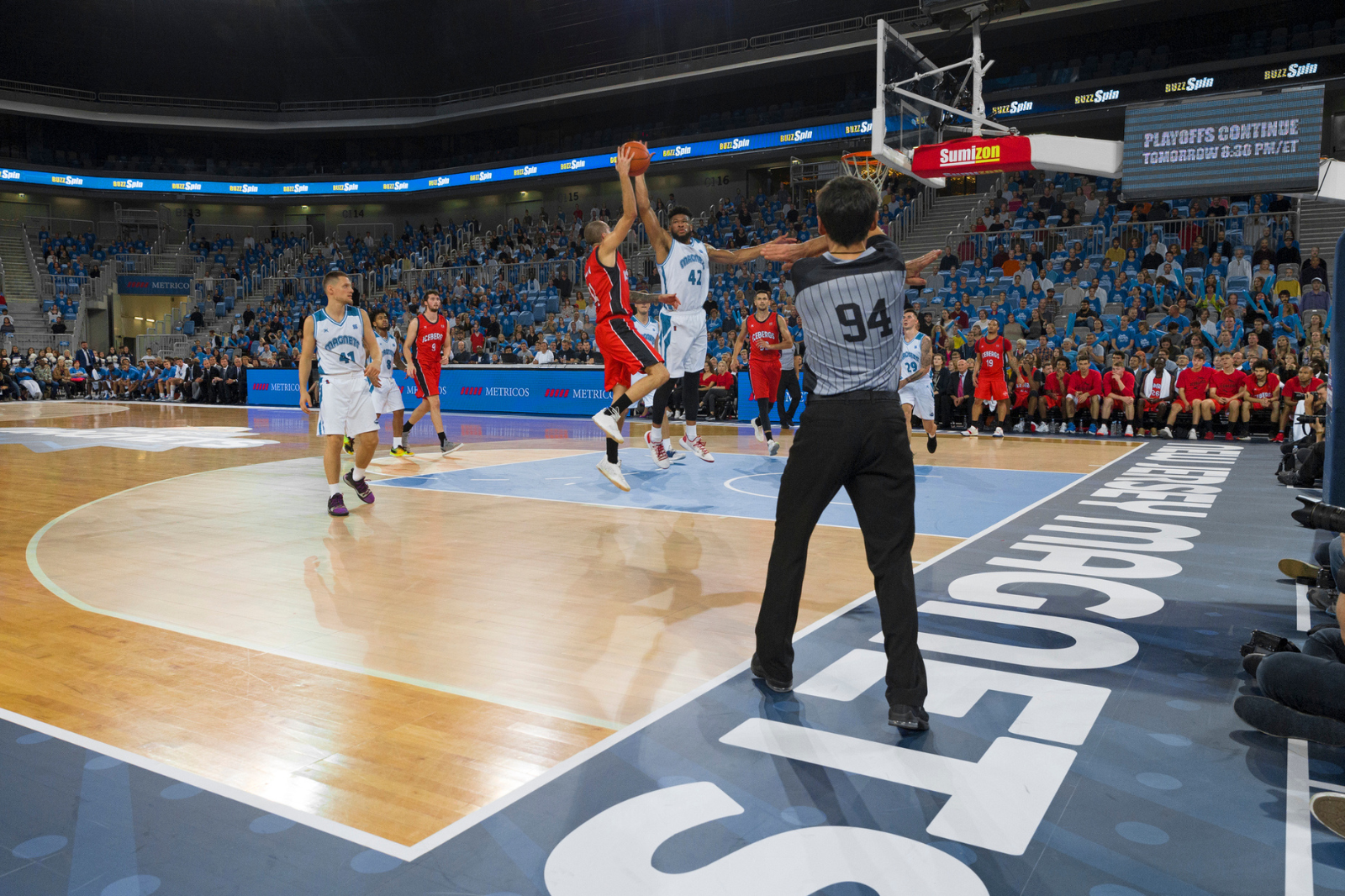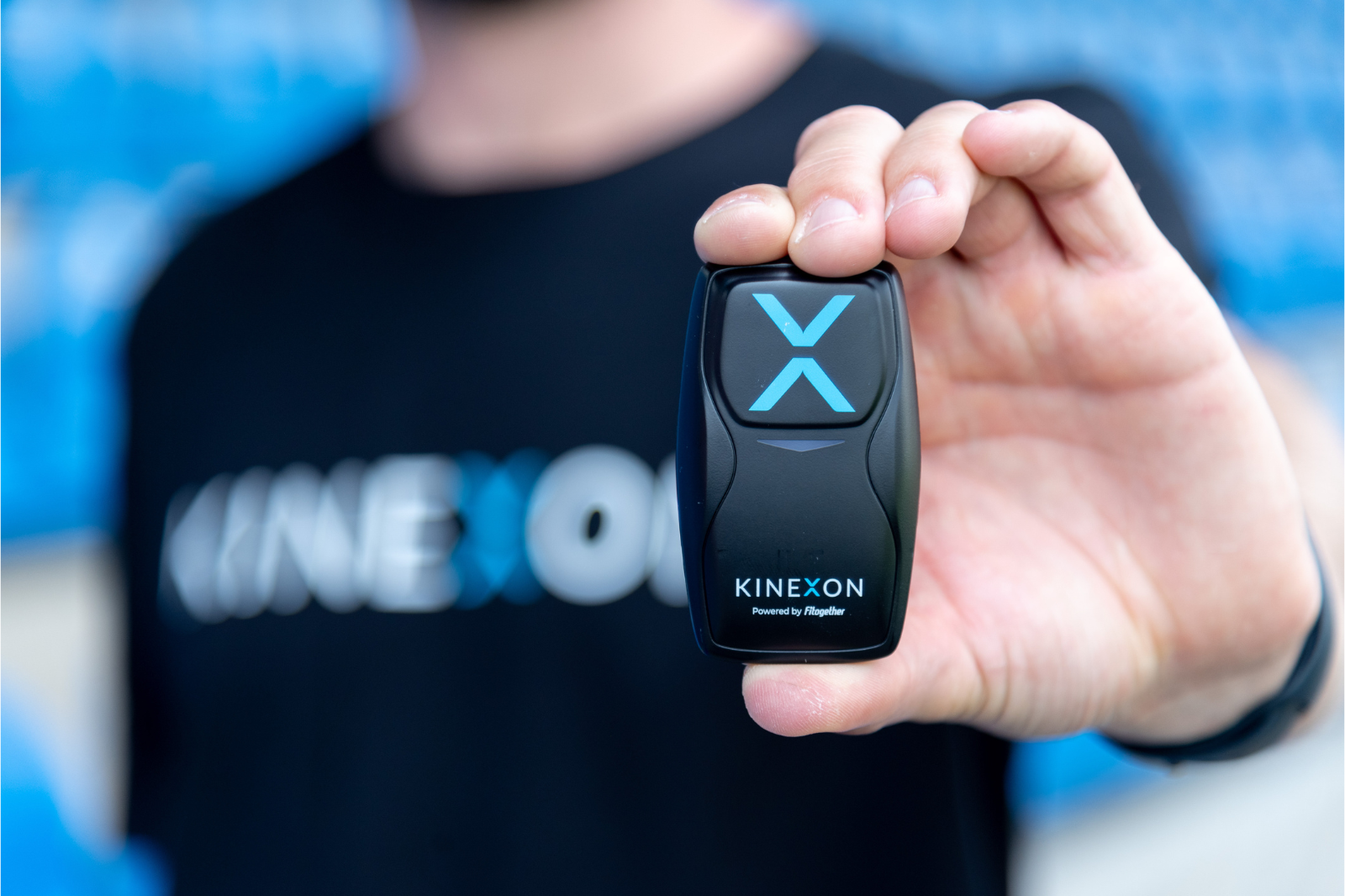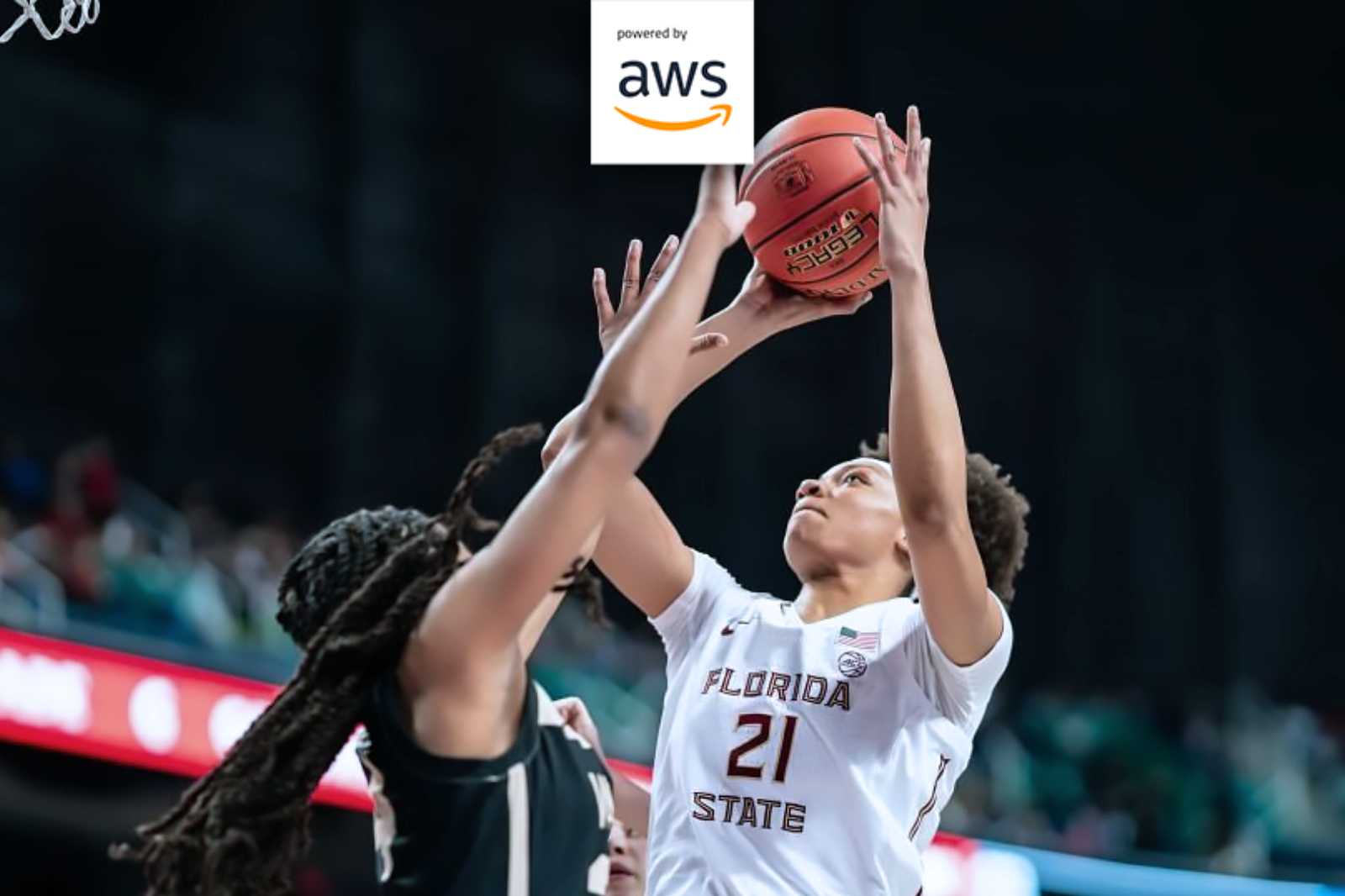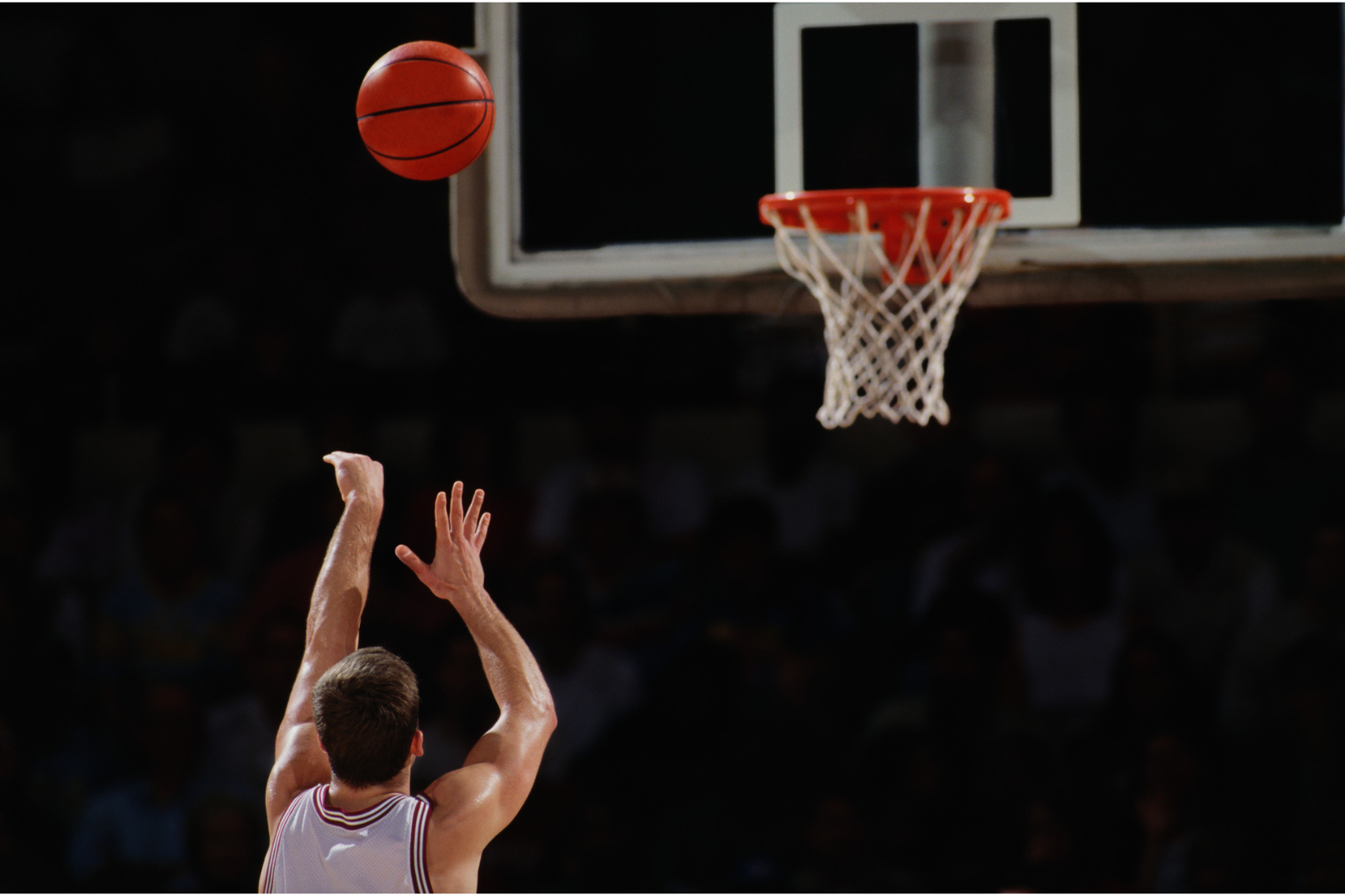Scientific study on validity and reliability of GPS and LPS in team sports released
A recent study conducted by Hoppe et al. at the University of Wuppertal aimed to investigate the validity and reliability of global (GPS) and local (LPS) positioning systems for measuring distances and mechanical properties in team sports.
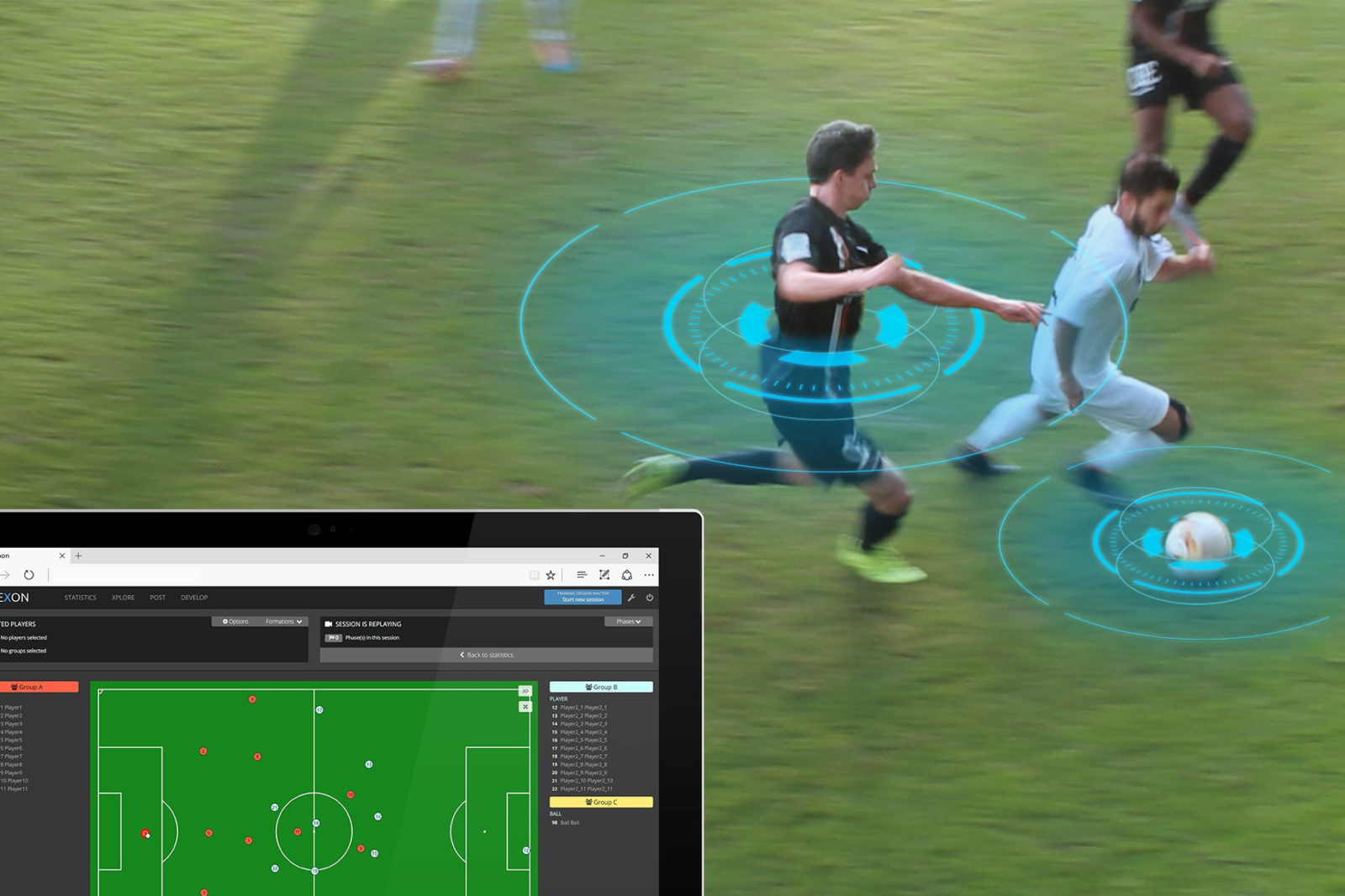
Unlike GPS, where numerous validation studies exist, there are relatively few studies that have evaluated LPS for determining the movement patterns in team sports. Compared to GPS, LPS uses a locally deployed infrastructure, which offers the following advantages:
- Higher sampling rates, potentially increasing the validity and reliability for determining team sport-specific movement patterns
- Allowing measures not only indoors but also in large stadia
- More accurately detecting the actual player position
- Miniaturization of the devices, possibly also enabling ball tracking
- Supporting tactical analyses
For the study, six male athletes performed a circuit including various walking, jogging and sprinting sections that were performed either in straight lines or with changes of direction. They wore two devices of each positioning system (10 Hz and 18 Hz GPS and 20 Hz LPS, the latter being the KINEXON ONE system).
The study shows that, compared to the 10 Hz and 18 Hz GPS devices, the 20 Hz LPS KINEXON ONE device demonstrated superior validity and reliability overall. It further concludes that physical performance differences (e.g. between or within teams) and training effects (e.g. according to pre- or in-season) are small on an elite team sport level. Thus, the most valid and reliable accessible positioning system, namely here, the 20 Hz LPS (KINEXON ONE) is recommended to use for meaningful decisions.
Find the complete study here
